As it has for all of us, the COVID-19 pandemic has consumed most of my attention. However, as we are cloistered, it is actually a good time to remember that March is the month for Diabetes Alert Day, National Kidney Month, and Registered Dietitian Day.
What better time for a dietitian nutritionist to talk about what you need to know when you have diabetes and chronic kidney disease. I am particularly passionate about this topic because my first husband, James, ended up on dialysis. He had diabetes, was uninsured and didn’t get regular checkups. He felt fine. Why bother? Because it eventually led to his death.
Now he wasn’t dumb (or I wouldn’t have married him). But while he was feeling fine his kidneys started failing. By the time he had symptoms, it was too late and he soon needed dialysis.
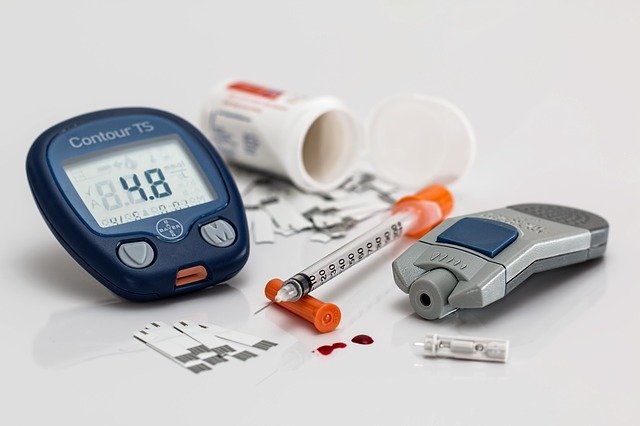
KNOW THIS: If you have diabetes, you should have your kidneys checked yearly.
These two tests indicate how well your kidneys are working.
Urine test—–UAC-Albumin Creatinine Ratio indicates the amount of protein, albumin, in your urine.
Blood Test——GFR–Glomerular Filtration Rate indicates how well your kidneys are filtering, finding problems early allows you a chance to prevent further problems.
Diabetes and high blood pressure are the leading causes of kidney failure. Diabetes is often associated with high blood pressure. Uncontrolled diabetes combined with high blood pressure damage blood vessels and increases the risk of Chronic Kidney Disease (CKD).
The good news is there is a lot you can do that can help keep your kidney function from worsening from CKD to kidney failure.
The goal is to:
have glucose within an acceptable range;
bring your blood pressure down to an acceptable level; and
protect the kidneys– that is, eat enough protein to keep you healthy but not an extra amount which may cause damage.
If you have diabetes and CKD, there are things you can change in your diet to slow and and even halt the progression of CKD to kidney failure. A Registered Dietitian Nutritionist can tailor a plan based on your current lab results, preferences, and lifestyle. You will learn what to eat to protect your kidneys and still enjoy a varied and healthy menu.
There is no “renal diabetes diet” that fits everyone. There are no forbidden foods, and there are no foods that are a “magic bullet.”
In general, you need a balanced healthy diet with the correct amount of protein. It is hard for the kidneys to get rid of excess protein when you have CKD. How much you need depends on your unique physical make-up.
There is no “one size fits all.”
Overall, think of plenty of whole plant-based foods without much sodium as being good for your kidneys. Based on labs, some people also need to limit potassium and phosphorus. Potassium-rich foods include avocados, bananas, potatoes and tomatoes.
A few examples of Phosphrus-rich foods are beans, dairy, and meat, poultry, fish and nuts. These are all healthy foods which should be included in your diet unless your kidneys are not able to remove excess potassium and phosphorus from your blood.
Then, if you have diabetes, in addition to eating for CKD, it’s recommended to eat a consistent amount of carbohydrate, or count your carbohydrate and dose insulin accordingly.
Do you see why a RDN is needed?!
It’s not easy to put all this together. But it is worth it! Here’s why:
If your kidneys fail you have two options–
1. being on dialysis to filter your blood
2. a kidney transplant.
Neither one is a good option. 120,000 people are currently on the list waiting for a kidney, and most will die waiting. Having your blood filtered takes hours and often leaves you feeling ill.
So, in summary:
Ask your health care provider if he/she has checked your kidneys in the last year, and ask to have it done if not.
Get the results to see where you stand.
Get help with your diet if you have CKD or diabetes.
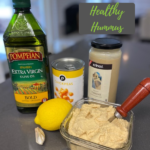

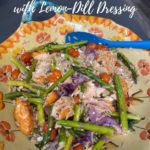

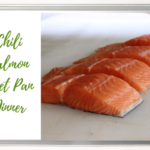
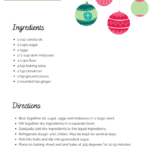
Leave a Reply